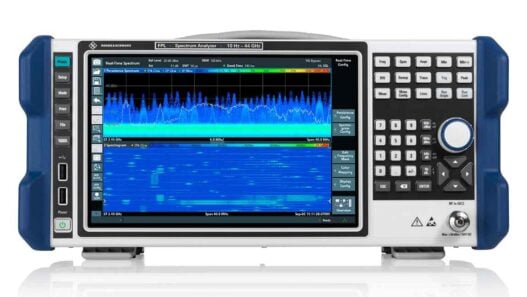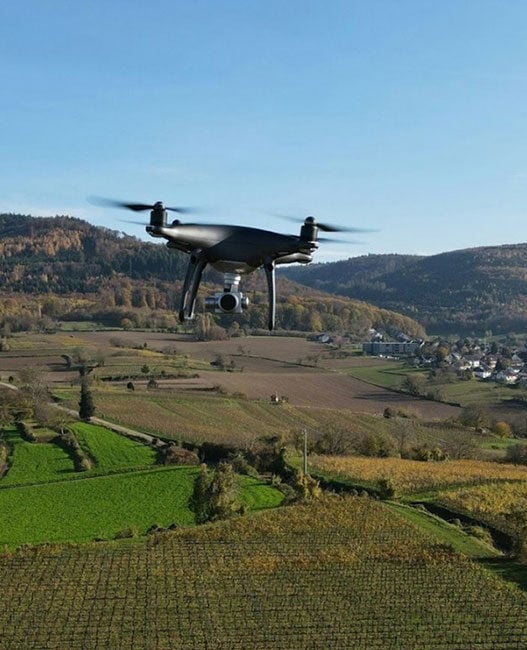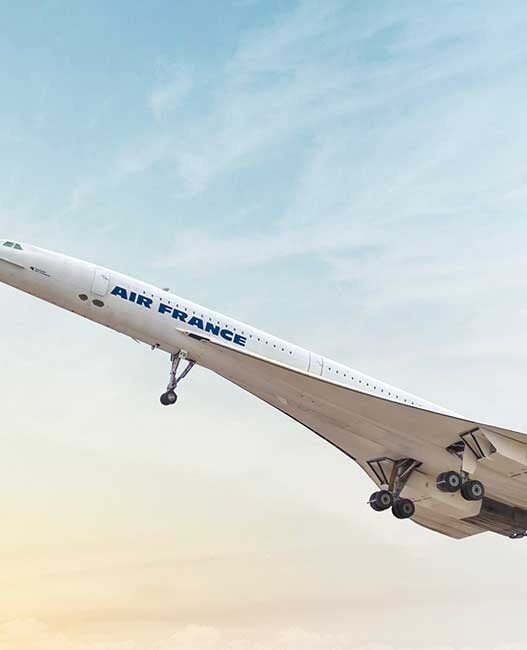In a two-year collaboration funded by the European Space Agency (ESA), the AFRC is using its expertise in forming and forging to advise Airbus DS on advanced manufacturing methods for the tanks.
It will look at making the design more efficient and economical by producing the initial component at as near to net-shape as possible, substantially reducing machining time and waste of expensive metals such as titanium.
Formerly produced in the UK, Airbus DS currently purchases its fuel tanks from Germany or the US. Key to the project is bringing production back to the UK and sharing outputs with the wider supply chain.
The AFRC is one of many organisations tapping into Scotland’s growing space sector as it has recently been revealed that more small satellites are built in Glasgow than anywhere else in Europe, while the UK’s first ever spaceport is set to be built in Sutherland in the Scottish Highlands.
Dr Jill Miscandlon, heading up the project at the AFRC, said: “Airbus DS is at the forefront of the industry and this collaboration sees us looking at the components needed to make the propellant tanks and advising on potential manufacturing methods.
“A tank is generally made of two hemispherical domes and a cylindrical section. The parts are forged, heat-treated and machined down to the required final thickness before they are welded together. They are very thin structures and machining them down from the original thickness results in significant material waste, in addition to the high cost of the machining.
“Over the past four months, we’ve been looking at methods of achieving near net-shape manufacture, at the same time maintaining the material properties because in space it has to be structurally sound.
“The tanks must be strong enough to store propellant, such as Hydrazine or Xenon gas, under high pressure during a mission’s lifetime, which could be more than 25 years. At the same time, for some un-controlled re-entry LEO (Low Earth Orbit) satellite platforms, upon return, they should vaporise upon meeting the upper atmosphere so not to present a risk to people and facilities on Earth.”
The AFRC and Airbus DS are bringing in welding research organisation TWI to help decide the chosen method for producing the tanks. Currently in phase one, an exploration of trade-off and identification of technique, the AFRC is advising on the best processes for making efficient parts for the propellant tanks.
Dr Miscandlon explained: “Airbus DS will merge their own research experience with our study and decide on the chosen technique to take forward. This could be metal forming, superplastic forming or additive manufacturing processes – all of which would produce the tank parts at close to net shape.
“Key to the project is making components in a shorter lead-time and wasting less expensive material, which is essential with titanium alloys costing up to $60 per kilo, depending on alloy type and manufacturing route. We are also focused on sharing the project outputs with the wider supply chain here in the UK.”
Renato Bellarosa, Head of Tank Products and Research and Technology (R&T) Manager at Airbus DS, added: “Propellant tanks are key strategic items that we currently must procure from Germany or the United States, and we are working to re-establish the capability to make them in the UK.
“We had this in the past, but it was lost when the parent company of the firm involved took the production back to Germany. We still have independent supply chain processes in the UK, but we need to integrate them to make the tanks. This programme with the AFRC fits into a general roadmap that aims to develop this capability.
“There is also export potential in the successful completion of this programme. We have customers overseas who are big players in satellite manufacture whom we believe would be interested in this new manufacturing approach.”
Professor Keith Ridgway, Executive Chairman of the AFRC, said: “This is a great project that highlights the benefits of aligning advanced manufacturing research with the UK’s growing space industry. It also taps into the University of Strathclyde’s focus on innovation in space, which is being developed through its Technology and Innovation Centre within the Glasgow City Innovation District, bringing together researchers and high-growth firms with technology and creative start-ups, to work side-by-side.”















